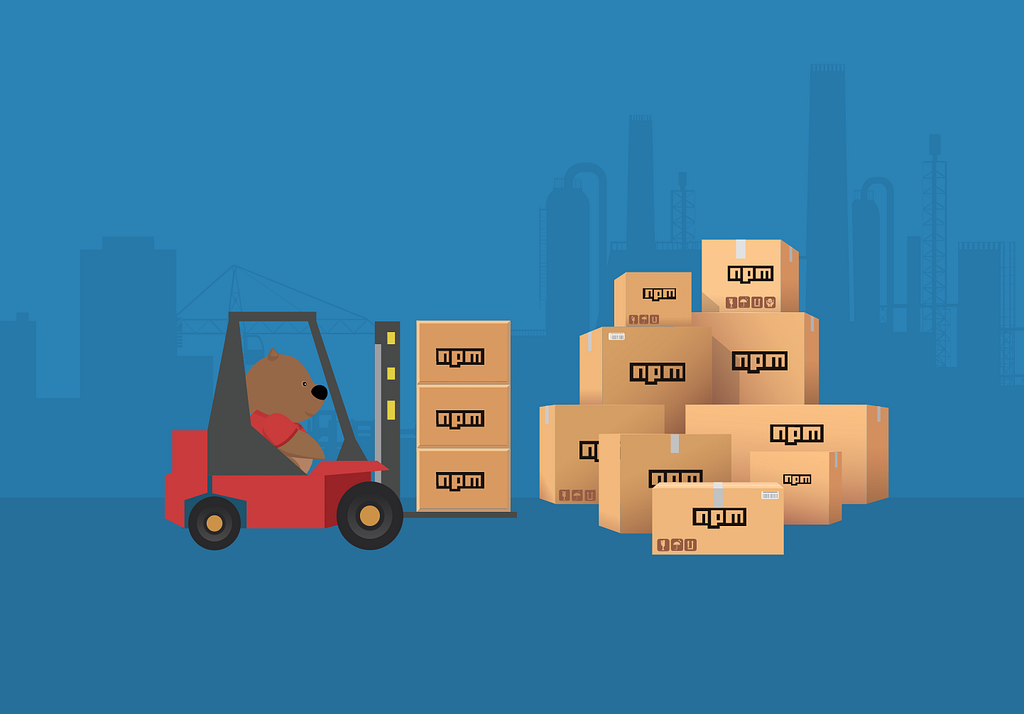Learn What Matters : React Beginners Guide: Setup, Folder Structure, JSX, and Essential Tools
jsxreactnpmreactjsfront-end-development

Simplified React Local Setup Guide
Setting Up React:
- Install Node.js: Download and install from Node.js.
Check installation:
- node -v (Node.js version)
- npm -v (NPM version)
2. Create React App:
Use npx (Node Package Executor) to create a boilerplate app:
npx create-react-app project-name
cd project-name
npm start
The app runs on http://localhost:3000.
Virtual DOM Explained:
- A virtual DOM is a lightweight copy of the real DOM in memory.
- React updates this virtual DOM first, compares changes, and applies the minimal updates to the real DOM for better performance.
Framework vs. Library:
- React: A library focused on building UIs.
- Frameworks: Offer tools for more than just UI (e.g., Angular for routing, form validation).
Folder Structure in a React Project
1. node_modules/:
- Stores all the npm packages your project depends on.
- These packages are used globally across the project.
2. public/:
- Contains static assets, such as images and index.html.
- Files here can be directly accessed in the browser.
3. src/:
- Holds all the source code for your React app, like components, styles, and logic.
- Example files: App.js, index.js.
4. package.json:
- Describes your project and its dependencies.
- It lists scripts to run, such as start or build.
5. README.md:
- Introductory documentation for your project.
- Useful for sharing project details and setup instructions.
React Project Flow
- HTML Structure (index.html):
<div id="root"></div>
- This is the container where React injects all components.
2. Entry Point (index.js):
const root = ReactDOM.createRoot(document.getElementById('root'));
root.render(<App />);- React finds the root element in index.html.
- The App component is rendered inside it.
3. Main Component (App.js):
- Contains the primary structure and logic of your React app.
- It is the parent of other components.
JSX (JavaScript XML)
- What is JSX?
- A syntax that looks like HTML but is processed by React.
- Allows embedding HTML-like code directly in JavaScript files.
2. Why JSX?
- Simplifies creating React components.
- Transforms into JavaScript (React.createElement()) using Babel.
3. Key Points:
- Use camelCase for attributes: e.g., className instead of class.
- Self-closing tags like <img /> are valid in JSX.
4. Example:
const element = <h1>Hello, World!</h1>;
Imports and Exports in React
- Default Exports:
- Only one default export is allowed per file.
export default MyComponent; import MyComponent from './MyComponent';
2. Named Exports:
- Multiple named exports can exist in one file.
export const MyFunction = () => {}; import { MyFunction } from './MyFile';3. Combination:
import DefaultExport, { NamedExport } from './MyFile';React Emmet Snippets (Code Shortcuts)
Install the React Snippet plugin for VSCode to speed up coding.
Commonly used shortcuts:
- RFC: React Functional Component.
- RAFC: React Arrow Function Component.
- REN: Adds a render method.
- IMR: import React from 'react';.
Example of RAFC:
const Component = () => {
return <div>Hello, World!</div>;
};VSCode Extensions for React
- React Snippets: Code shortcuts for React components.
- ESLint: Ensures consistent coding standards.
- Prettier: Formats code for better readability.
- Thunder Client: API testing directly in VSCode.
- GitLens: Enhances Git integration.
- JSON Viewer: View and format JSON in the browser.
React Browser Plugins
- React Developer Tools: Inspect React components.
- Redux DevTools: Debug state changes in Redux.
- React-Sight: Visualize the component tree of your application.